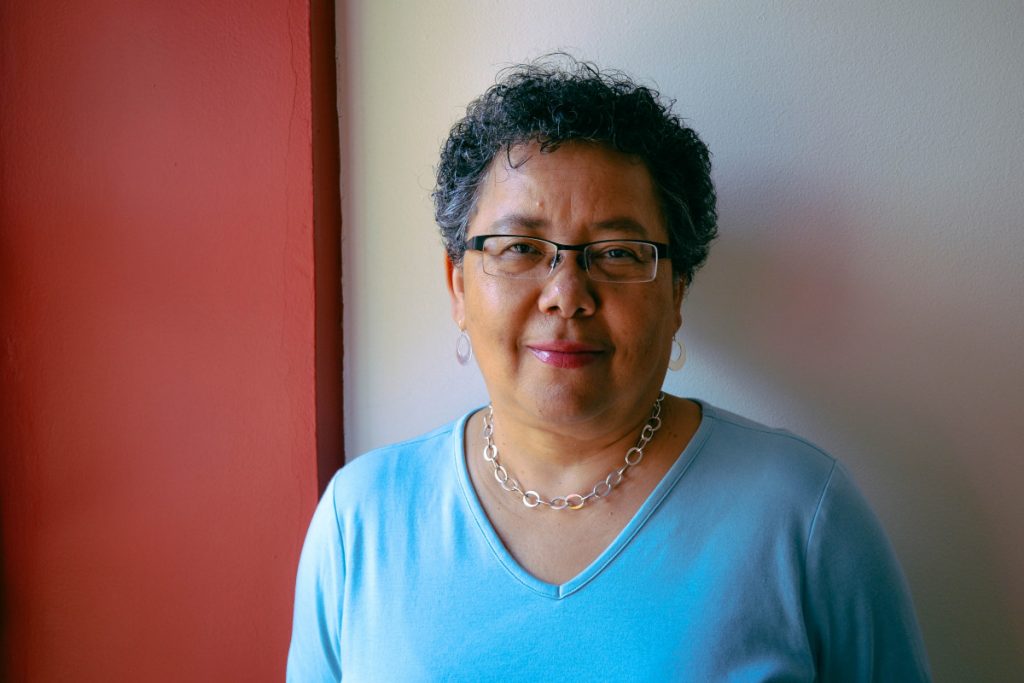Barbara Savage, the Geraldine R. Segal Professor of American Social Thought in the Department of Africana Studies at the University of Pennsylvania, has a wide range of research interests grounded in history.
Savage teaches and researches 20th-century African American history; histories of American religion, social movements, media, politics, and the interrelations between those fields; and Black women’s political and intellectual history. Savage’s African American Heritage House Chautauqua Speaker Series lecture, at 3:30 p.m. Wednesday, July 20, in the Hall of Philosophy, examines the weekly theme of “The Future of History.”
“The future of history is secure, despite recurring debates about whose history matters and why,” Savage said. “The narratives of American history must be as expansive and diverse and as complicated and contradictory as the lives of the people in it.”
Week Four aims to investigate questions about how our present will be recorded for future generations. It will explore how we will distill a near-infinite amount of information into digestible accounts of our times
The theme’s description asks: “Beyond the logistics of such questions, broader issues are at play: Who are the gatekeepers of our stories, and who do we trust to be stewards of our lives and memories?”
“As an esteemed historian of African American history, Savage brings invaluable perspectives to the grounds,” said Camille Borders, AAHH program director. “Her work across disciplines of religious history and Black feminist studies has had massive impacts within academia and outside of it. This week she will bring voice to the experiences of Black women during the 19th and 20th century, while calling us all to do more in reflecting on our past as we chart new paths for our future.”

Excavating often neglected or misunderstood intellectual, political and social histories is a key element of Savage’s scholarship. Her most recent book, Your Spirits Walk Beside Us: The Politics of Black Religion, examined the history of diverse thought around the interconnection of Black churches and politics. Savage challenges the assumption that the relationship between Black churches and progressive activism is an indissoluble link, instead presenting a diversity of perspectives and debates on the role of the church in struggles for racial equality.
Her writing reveals the web of associations and political and economic factors that gave rise to the myth of the inextricable intertwinement of church and political struggle. It uses history as a lens for examining the present and the future.
“The recurring social, political and theological tensions which drove the debates recovered in this book remain as real and as pertinent today as they were a century ago,” Savage wrote. “At a time when African American religion and politics are still viewed as inextricably linked, this book seeks to highlight rather than submerge the inherent and often incurable tensions that mark the connections between Black religion and Black political activism.”
Savage is currently working on an intellectual biography of professor Vernie Merze Tate, an African American woman who, while working at Howard University, was a trailblazer in the fields of diplomatic history and international relations.
This work is in line with Savage’s overall scholarship on Black women’s political and intellectual history and will tell the story of a Black female intellectual whose work is rarely, if ever, spotlighted in American history classes. Savage co-edited a collection, titled Toward an Intellectual History of Black Women, in which her introductory essay on Tate appears.
In the introduction Savage and her co-editors wrote:
“Historical scholarship on Black women especially has yet to map the broad contours of their political and social thought in any detail, or to examine their distinctive intellectual tradition as often self-educated thinkers with a sustained history of wrestling with both sexism and racism.”
Savage will discuss her research on Tate as part of her lecture, asking audiences to consider what one woman’s life and work can teach us about our shared history. Savage is a steward of overlooked, erased and misunderstood histories, highlighting them in our current moment and beyond.




